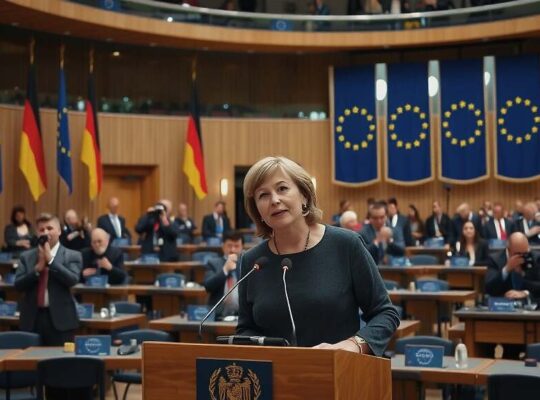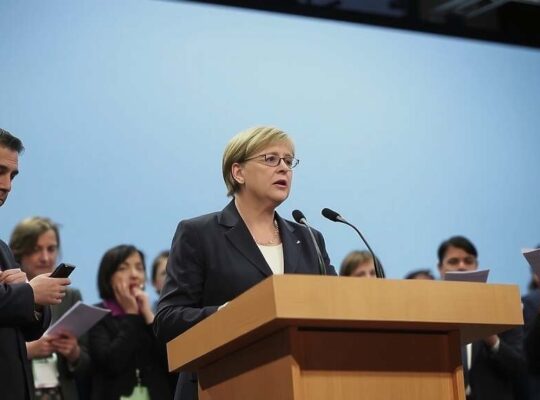Leading economist Veronika Grimm has sharply criticised recent tax cuts for the hospitality sector and increases to commuter allowances, warning that these measures are counterproductive to Germany’s long-term economic health. Speaking to the “Rheinische Post” Grimm, a member of the German government’s Council of Economic Experts, argued that the government should be consolidating finances and focusing on investments and reforms rather than providing targeted tax relief.
Grimm expressed concerns that Germany is following a similar trajectory to France, where increased borrowing to fund short-term benefits has limited future fiscal flexibility. She cautioned that this approach risks empowering extremist political factions and effectively blocking necessary structural reforms, potentially leaving the government with minimal opportunity to address underlying economic challenges.
Taxpayer Association President Reiner Holznagel echoed Grimm’s reservations regarding the hospitality tax reduction. He argued that the measure unfairly favors one industry while ignoring the difficulties faced by others, such as trades and crafts.
Holznagel further called for a comprehensive reform of Germany’s complex value-added tax (VAT) system, prioritizing bureaucratic simplification. He suggested defining necessities in a clear and modern manner and applying a reduced VAT rate uniformly to essential goods like energy and medical products. He believes such a reform is crucial for achieving efficiency and fairness within the tax system.












